Nabil Mohammed
No matter what you do nowadays, it is a must that an online interaction must occur. The status in Africa in general and Ethiopia in specific is no different. More to say, Africa is the world’s most vulnerable continent to Cyber Attacksdue to countless reasons such as infrastructure and awareness.

In today’s article, we will dive deeper into the whole fuss created and how you can be outreached, for a while!
Online is the new frontline
We shop online. We work online. We play online. We live online. Increasingly, our lives depend on online, digital services. Almost everything can be done online — from shopping and banking to socializing and networking — and all of this makes the internet an attractive space for criminals.
Large-scale cybersecurity breaches often make the headlines but about 70% of organizations are keeping their worst security incidents under wraps. What makes the news is just a small proportion of the breaches that are actually taking place. For instance, the UK is being targeted by up to 1,000 cyber attacks every hour.
The knowledge, tools and best practices relating to protecting the computers, communications networks, programs and data that make our digital lives possible are collectively referred to as cybersecurity or information security.
“Deep fakes could end up costing businesses a lot of money next year: as much as $250m.”
Last week in Ethiopia, there was an attempt to breach key financial institutions that were foiled and that caused a shut of the Internet in the country for about half an hour. That highlights the scale of the vulnerability in Ethiopia. In various, indirect ways, as of 2018/2019 witnessed more than 488 “attempts” on our infrastructure.
If you thought cybersecurity was a challenging and often weird part of the tech industry, get ready for it to get even more complicated. The coming few years will bring a new range of threats that will take tech security far beyond its traditional boundaries and will require a whole new set of skills and alliances.
One example, tech and market research firm Forrester predicts that deep fakes could end up costing businesses a lot of money next year: as much as $250m. With the accelerated growth of technology usage in Africa, what can we do to keep ourselves, companies and businesses out of reach from critical threats?

There’s no obvious answer to that. If you secured yourself in one way, other vulnerabilities are being discovered up and attacked. Later in this series, we will come to some basic measures you can take to protect yourself.
End of Part One
Nabil Mohammed
